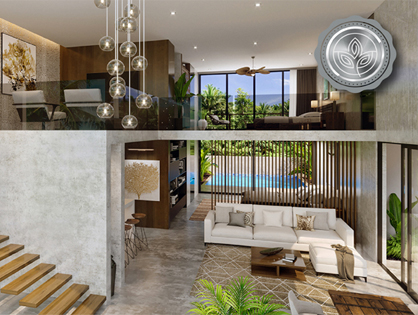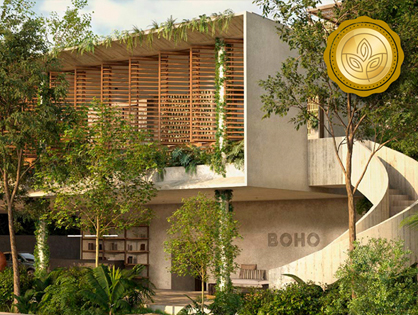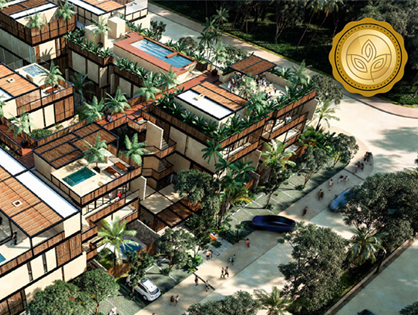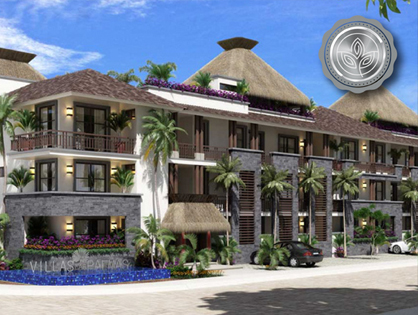
Tren Maya close to reality in the Riviera Maya.
Rogelio Jiménez Pons met privately with various authorities and representatives of the
business sector to talk about the interest of President-elect Andrés Manuel López Obrador
to land the project ‘Tren Maya’
Rogelio Jiménez Pons, who will serve as general director of the National Fund for Tourism
Promotion (FONATUR) met privately with various authorities and representatives of the
business sector, to discuss the interest of President-elect Andrés Manuel López Obrador to
land the project of the so-called ‘Tren Maya’, also known as ‘Tren Turistico Transpeninsular’.
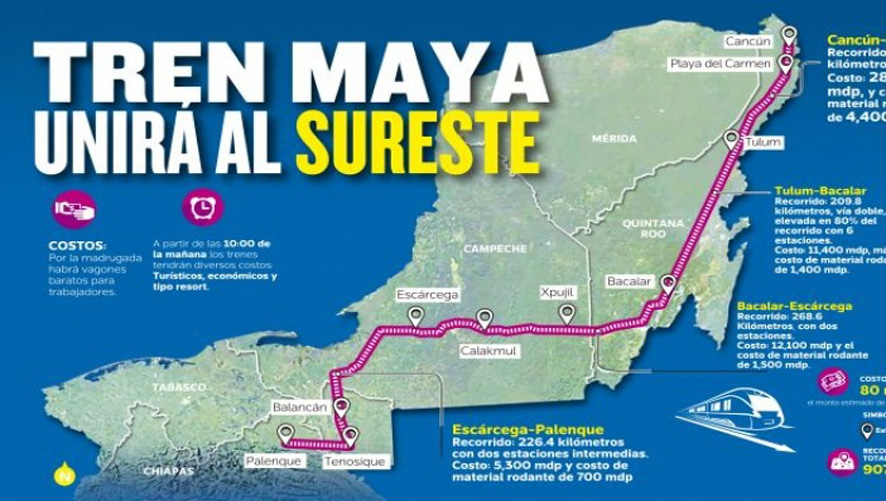
This is the first approach, which is carried out by one of those who will be the new officials
appointed by López Obrador to join his cabinet, and those who will accompany him during his
administration.
At the end of the meeting, the architect also by profession stated that during his visit to
the destination held various meetings.
Jiménez Pons explained that he met with the governor of Quintana Roo, Carlos Joaquín González,
from whom he observed all the interest and willingness to help make the project that will link
Palenque, Chiapas and Cancún a reality.
He commented that the proposal is very needed in the area and in great demand for tourism potential.
He indicated that he also met with businessmen and with the elected municipal president in Benito
Juárez, Mara Lezama Espinoza.
The project “Tren Maya”
As far as is known, the trans-peninsular tourist train project consists of a railroad with a medium-speed train (no greater than 150 kilometers per hour) that effectively and quickly communicates several important cities of the Mayan culture in the south of the peninsula Yucatan.
The project represents 830 kilometers of railway, to cover the route from Cancun to Palenque, with some stops.
The participation of the federal government, private companies, small owners and ejidatarios is included in the project to make it feasible.
The initial investment is 350 billion pesos for the first three years of the project (of which one part may be private resources), while the total projected cost is around 64 thousand 900 million, as recorded in the Project of Nation 2018–2024 of President-elect López Obrador.
The project is planned in four stages. The first comprises Cancún-Tulum: 129.1 km with
infrastructure costs of 28 thousand 100 million pesos and rolling stock for 4 thousand
400 million; It is a double track, elevated by 80 percent of the route with six stations.
The next phase is a single, level road, with two stations between Tulum and Bacalar,
whose total distance is 209.8 km. The costs of this stage are 11,400 million pesos in
infrastructure and 1,400 million in rolling stock.
The following section is a single track with two stations between Bacalar and Escárcega
with a distance of 268.6 km. The costs would be 12,100 million in infrastructure and 1,500
million in rolling stock.
The fourth and final stage is 226.4 kilometers and runs from Escárcega to Palenque with two
intermediate stations; the costs would be around 5 thousand 300 million for infrastructure
and 700 million for rolling stock.
Library
Contact us
Ryan Gravel

Ryan Gravel is an American real estate broker and developer. He
began his career at a young age working for his family owned
construction company.
After graduating college at the University of Central Florida with
a degree in business, Ryan set out to find untapped prolific markets
around the world. His search landed him in Playa del Carmen, Mexico
where he founded Virgin Realty Mexico and co-founded the Saatal
Development Group one of the fastest growing development companies
in the Riviera Maya.
With extensive market knowledge, professionalism, etiquette,
innovation and integrity Ryan
is known as one of the most highly respected real estate advisors in the region.

